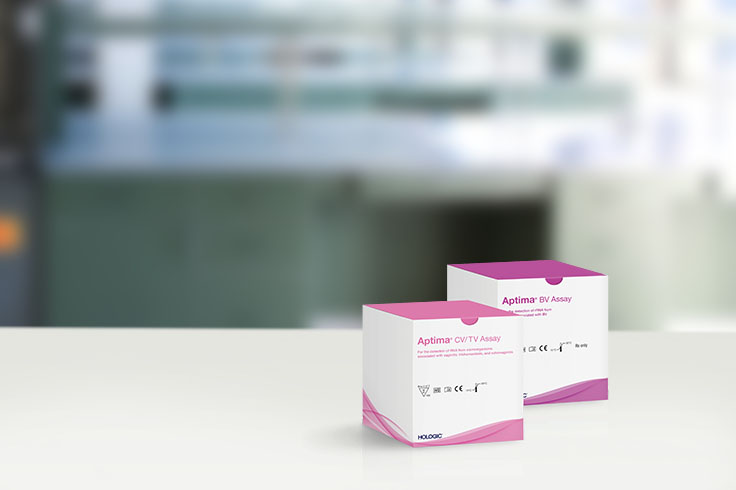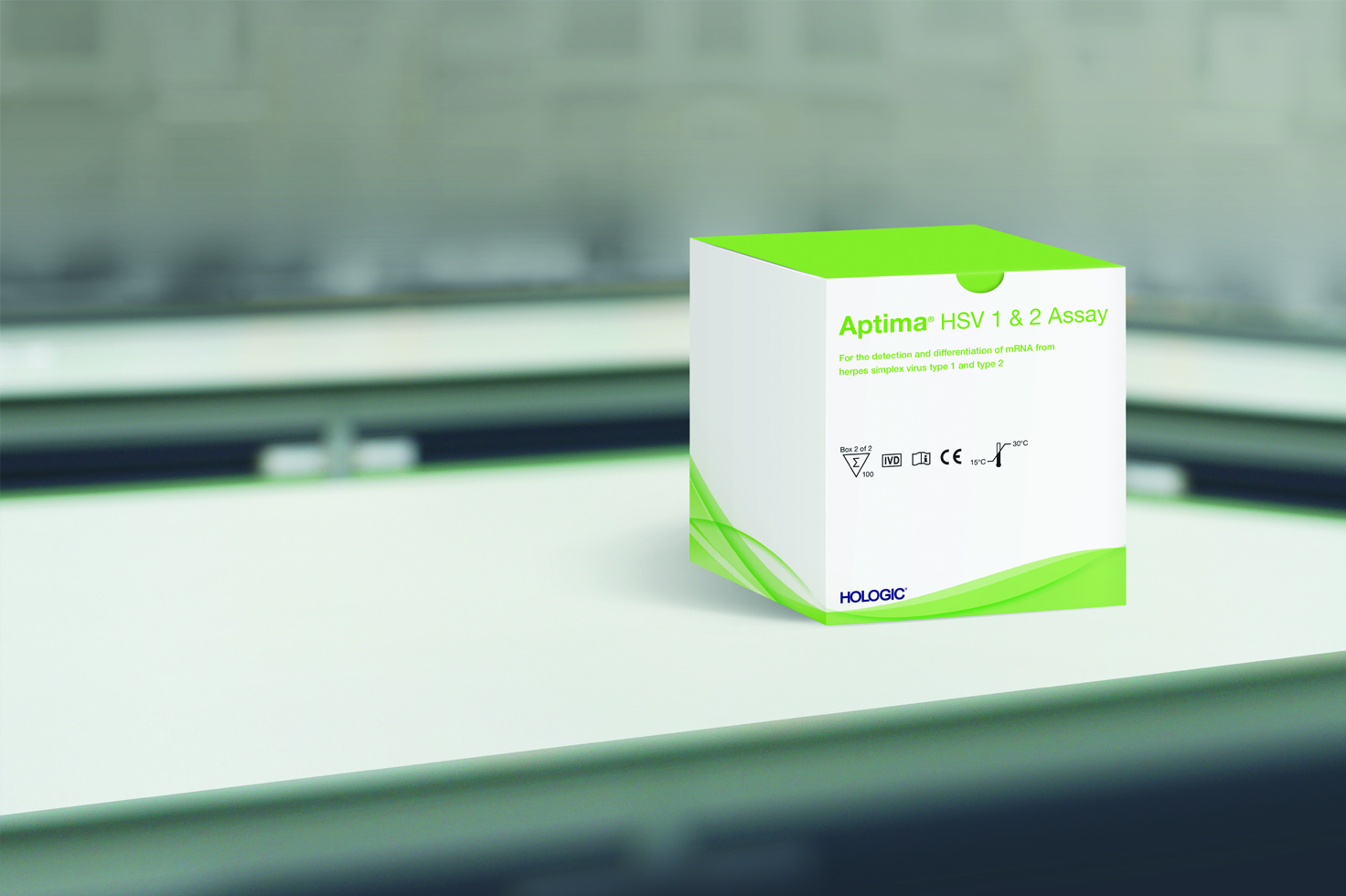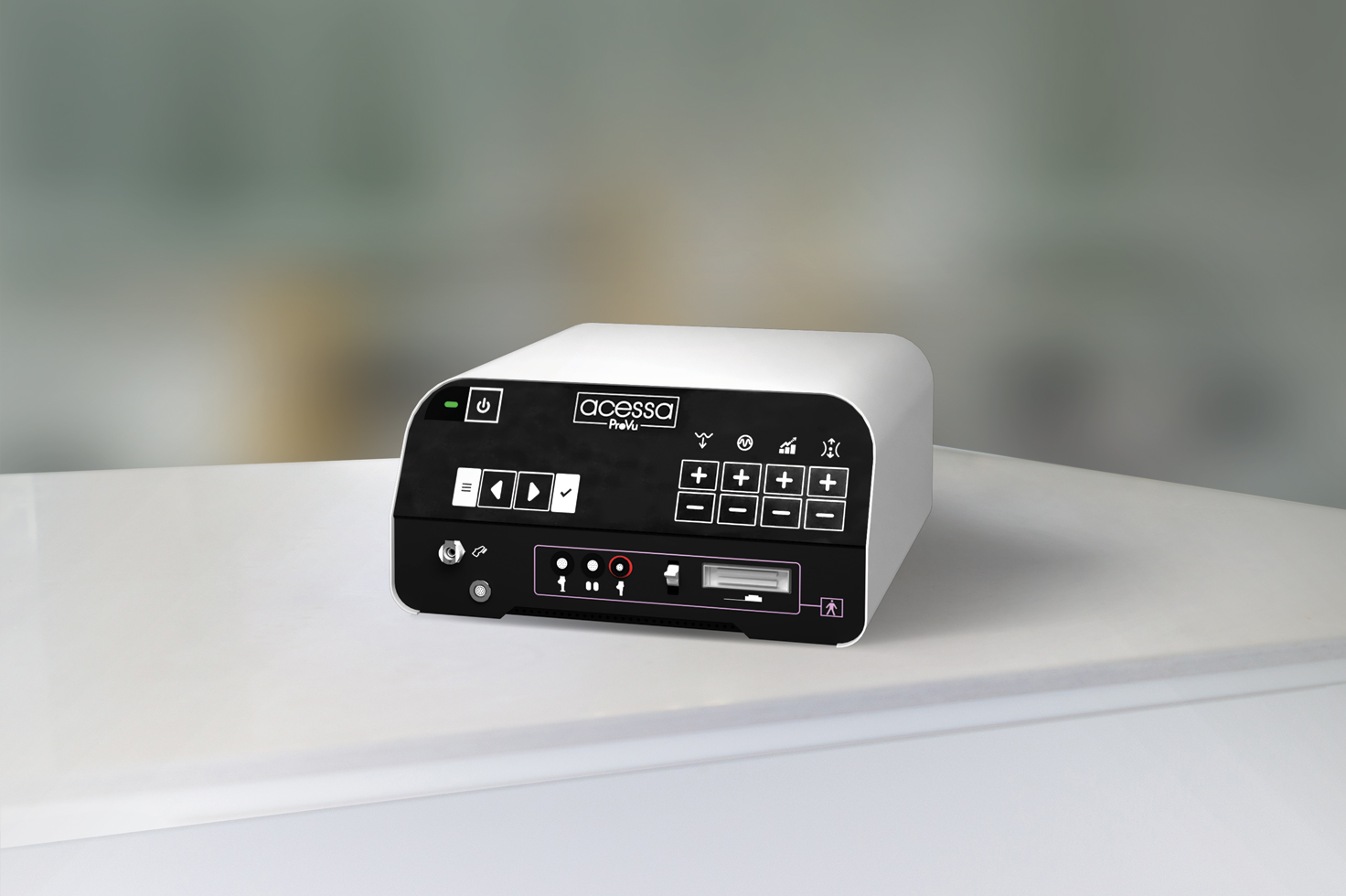
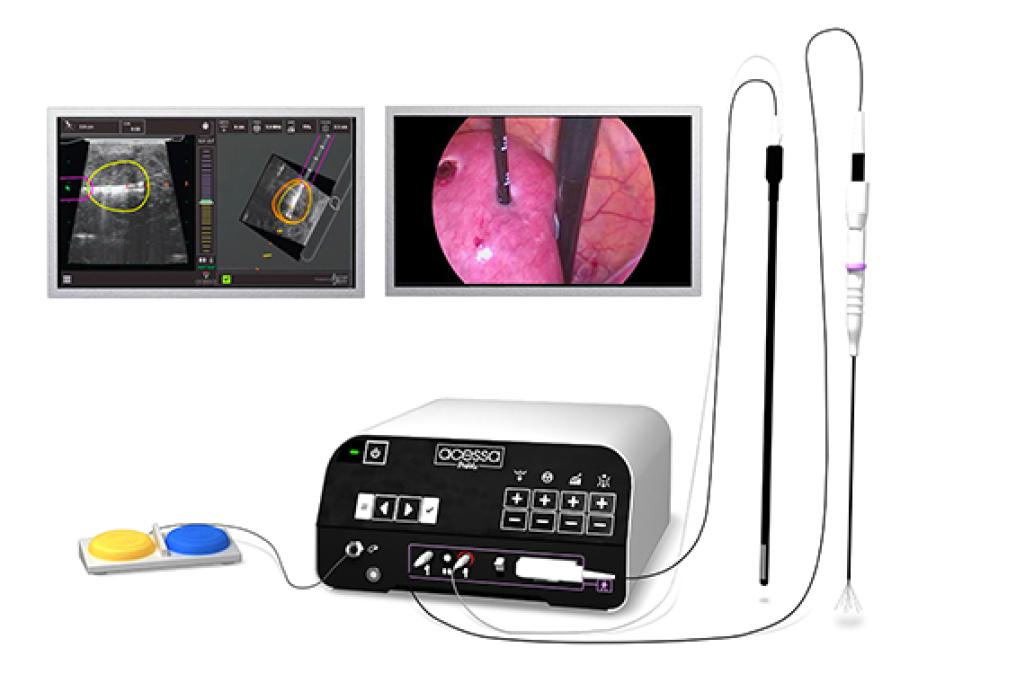
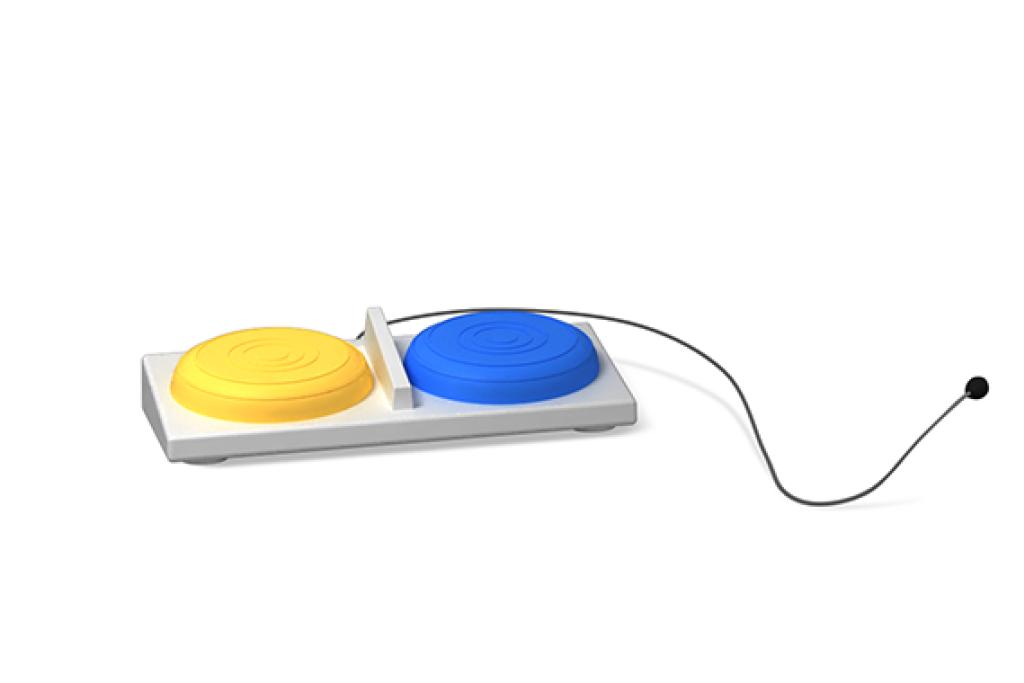
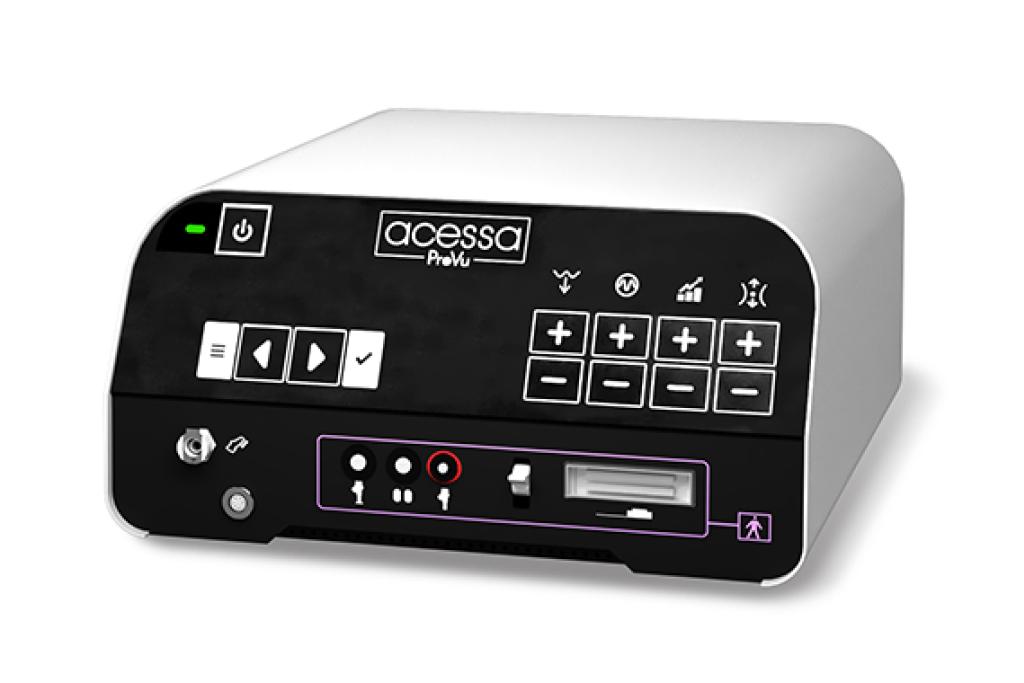
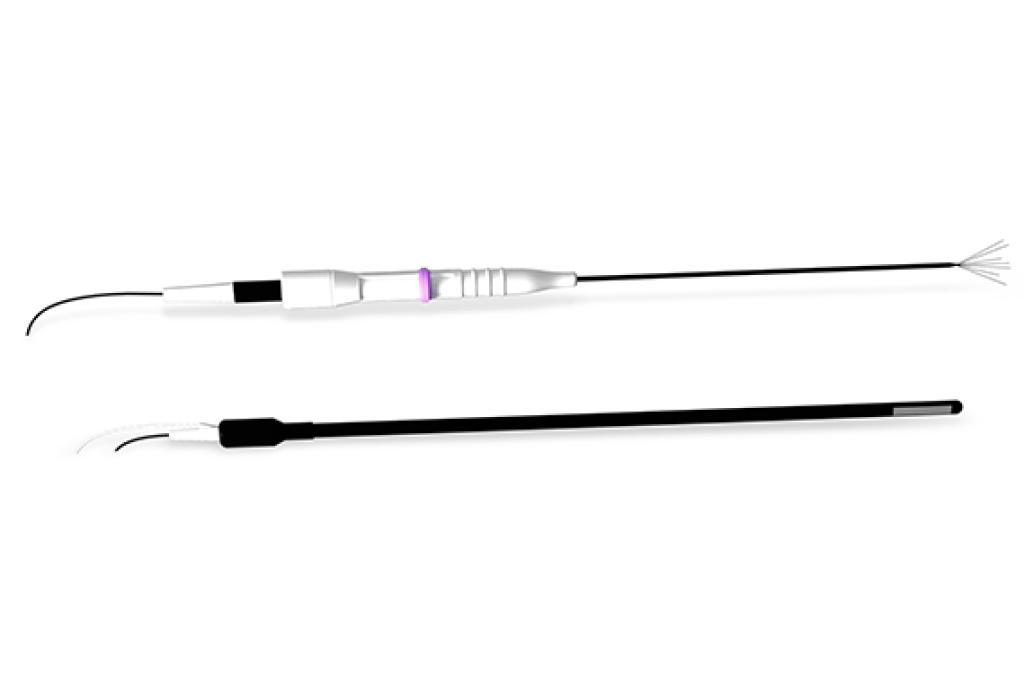
The Acessa procedure is a minimally invasive, outpatient treatment that involves two small abdominal incisions.1 It uses controlled radiofrequency energy, heat, to cause coagulative necrosis of the fibroid tissue. The treated tissue softens and shrinks over time, allowing fibroid symptoms to resolve with no suturing of the uterine tissue.
Minimal discomfort after the procedure.
Quick return to work in 4-5 days.
Long term satisfaction and relief.
Curabitur accumsan auctor ipsum, eget aliquam tellus dignissim id. Pellentesque habitant morbi tristique senectus et netus et malesuada fames ac turpis egestas. Sed vehicula scelerisque lacus id ultrices. Nullam vestibulum pharetra orci vel venenatis. Proin in pulvinar lorem, sed tempor felis. Cras tincidunt non felis imperdiet lobortis. Nulla nec nisl tempor, tincidunt lectus quis, tincidunt leo. Quisque laoreet ac velit fringilla tempor. Nullam a sollicitudin tellus. Curabitur et nulla quis diam porttitor tempor sed eu magna. Sed magna magna, fringilla vel luctus at, eleifend vitae risus. Fusce maximus pellentesque risus at ornare. Ut fermentum semper elit.

